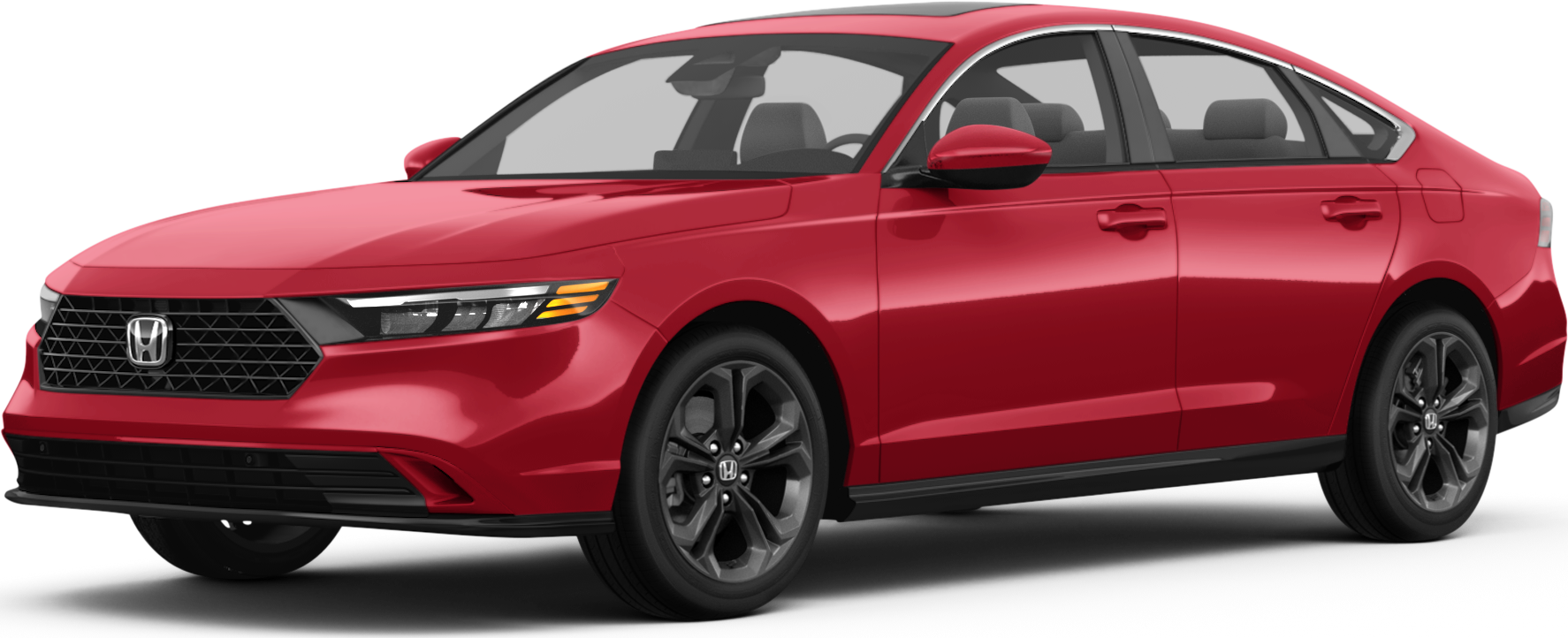Altiplano Design Insights
Exploring the beauty and creativity of design in everyday life.
Hybrid Cars: Saving Gas and the Environment One Drive at a Time
Discover how hybrid cars are revolutionizing driving—save gas and protect the planet with every journey! Join the green revolution today!
How Do Hybrid Cars Work? A Comprehensive Overview
Hybrid cars work by combining two different power sources: an internal combustion engine and an electric motor. This dual-system approach allows for improved fuel efficiency and reduced emissions compared to traditional gasoline vehicles. When the car starts, the electric motor powers the vehicle at lower speeds, which helps conserve fuel. As speed increases or if more power is needed, the internal combustion engine kicks in. This system not only enhances efficiency but also reduces the strain on the engine, leading to longevity and performance. For a detailed understanding of how these systems interconnect, check out this resource from the U.S. Department of Energy.
The charging mechanism for hybrid cars usually involves regenerative braking, which captures energy typically lost during braking and channels it back into the battery. In conventional hybrids, the battery is recharged solely through this process and through the engine's operation, eliminating the need for an external power source. However, many modern hybrids are also labeled as plug-in hybrids, allowing them to be charged via a standard electrical outlet, providing greater flexibility and efficiency. For a deeper dive into the various types of hybrids and their functionalities, you may visit Edmunds' comprehensive guide.

Top 5 Benefits of Driving a Hybrid Car for the Environment
Driving a hybrid car comes with numerous environmental benefits, contributing significantly to the reduction of greenhouse gas emissions. Hybrid vehicles utilize a combination of an internal combustion engine and an electric motor, which results in improved fuel efficiency. This means that drivers can consume less fuel while still enjoying a comfortable and powerful driving experience. According to the U.S. Environmental Protection Agency, hybrid cars emit fewer carbon dioxide emissions compared to traditional gasoline vehicles, making them a viable option for environmentally conscious consumers.
In addition to reducing air pollution, hybrid vehicles help conserve energy by utilizing their electric components. The regenerative braking system in hybrids captures and stores energy that is typically lost during braking, allowing for optimal energy use. This technology not only enhances fuel efficiency but also decreases the dependency on fossil fuels, further protecting our planet. As stated by the U.S. Department of Energy, the widespread adoption of hybrid cars can lead to a significant reduction in overall oil consumption, which is essential for a sustainable future.
Can Hybrid Cars Really Save You Money on Fuel Costs?
When considering whether hybrid cars can truly save you money on fuel costs, it's essential to analyze their efficiency compared to traditional gasoline-powered vehicles. Hybrid cars combine a gasoline engine with an electric motor, allowing them to achieve significantly better fuel economy. According to the U.S. Department of Energy, many hybrid models yield mileage that is 20-30% higher than their conventional counterparts. This increased efficiency translates to a noticeable reduction in fuel expenditures over time, especially for individuals who drive frequently or cover long distances.
However, while the improved fuel efficiency of hybrid cars can lead to substantial savings, it's important to consider the overall cost of ownership. Initial purchase prices for hybrid vehicles can be higher due to the advanced technology they utilize. To determine whether hybrid cars will save you money on fuel costs in the long run, it’s crucial to take into account factors such as incentives available for purchasing hybrids, potential savings on fuel, and maintenance costs. According to Consumer Reports, many drivers find that these vehicles do indeed provide savings over time, especially when gas prices are high, making them a smart investment for eco-conscious motorists.